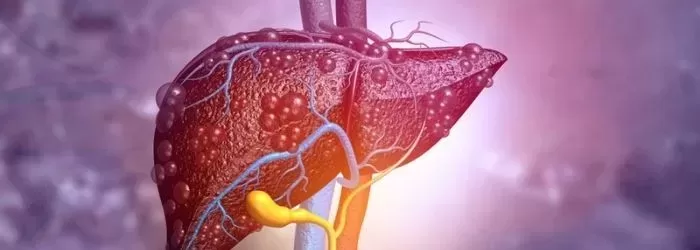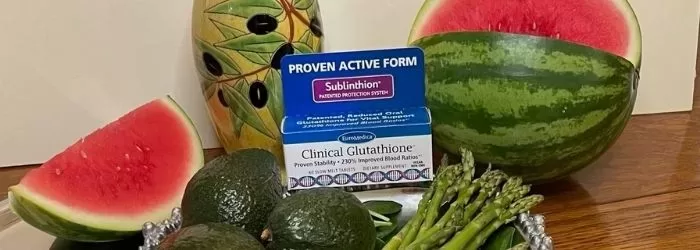
Obesity is an inflammatory condition. In addition to the relationship between obesity and NAFLD, there is also an association between NAFLD and cardiometabolic risk factors, metabolic syndrome and insulin resistance/prediabetes.
Recent research also suggests that gut dysbiosis (imbalance in gut bacteria ecology) and associated poor gut barrier function (“leaky gut”) may contribute to the development of NAFLD.
The Best “Prescription” for NAFLD
The Mediterranean diet is built around whole, unprocessed food, abundant in plant foods, high in vegetables, fruits, whole grains, beans, nut and seeds, and olive oil.
Fish (including fatty fish rich in omega-3 fatty acids) is also important in the Mediterranean diet and may help reduce inflammation in the body.
Other protein sources are poultry, beans and eggs and moderate amounts of low fat dairy. Red meat which is high in saturated fats is eaten only occasionally.
Very importantly, simple and refined carbohydrates (including table sugar, fructose, processed grains) are limited.
Healthy fats are eaten instead of less healthy fats, such as saturated and trans fats, which can contribute to heart disease. Olive oil, nuts, seeds and fatty fish are the predominant fats in the Mediterranean diet. Olive oil, and many nuts and seeds provide monounsaturated fat, which has been found to lower total cholesterol and low-density lipoprotein (LDL or “bad”) cholesterol levels.
Attaining a a healthy weight and eating a Mediterranean type diet are fundamental in addressing NAFLD.
Can Nutrition Supplements Help with NAFLD?
Literature review of dietary supplements studied for NAFLD — World Journal of Hepatology, February 2015
In addition to the nutrition supplements mentioned in this article, Bergamot has been clinically studied to improve NAFLD. The professional grade supplement of bergamot is Bergamet Pro+.
Recent advances in dietary supplementation, in treating non-alcoholic fatty liver disease
“Since there is no proven pharmacologic treatment for NAFLD, it is critically important to find dietary approaches to the prevention, attenuation, or reversal of hepatic steatosis, and its progression to steatohepatitis. As insulin resistance, oxidative stress, and inflammation are involved in pathogenesis of NAFLD, it seems that dietary supplements that can modulate these pathologies could be useful in the treatment of NAFLD.
These supplements have shown beneficial effects in animal models of NAFLD, however clinical trials are scarce. Further clinical trials are needed to support the use of supplements, either as preventative or therapeutic agents that effectively prevent the development and/or worsening of liver steatosis in patients with NAFLD.” –
Dietary supplements for NAFLD discussed in this article include:
- Antioxidants – Vitamin C, Vitamin E, Resveratrol, Green Tea, Ginger
- Anti-inflammatories – Omega-3-fatty acids, Vitamin D, Probiotics
- Insulin Sensitizers – Cinnamon, Curcumin, Quercetin, Carnitine
(Berberine, not mentioned in this article, supports glucose metabolism.)


